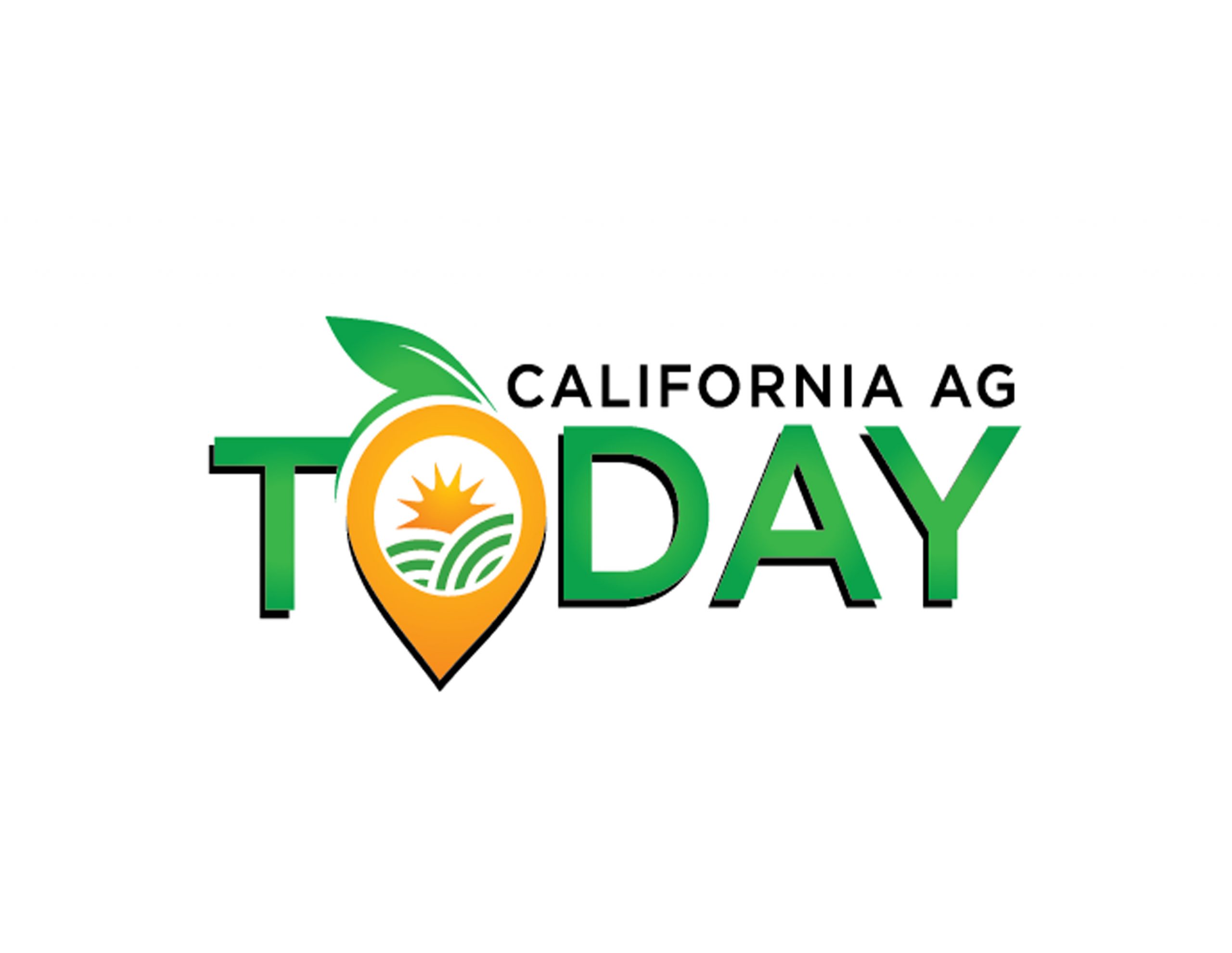
Twilight Field Day and Bus Tour
This year, the event has been expanded to include an afternoon bus tour to three San Joaquin Valley farms where conservation agriculture systems are already being successfully implemented. Registrants will gather at 1 p.m. at the UC Westside Research and Extension Center,17353 West Oakland Ave., Five Points, to load the buses.
The farm tour visits:
• Johnny and Joann Tacharra Dairy in Burrel. The Tacharras will explain their plans to apply dairy waste water through an overhead irrigation system to grow forage crops.
• Armando Galvan of Five Points Ranch. Galvan will show how he refined his irrigation system to apply water to vegetable and row crops. Galvan installs special nozzles and boom configurations on his overhead irrigation drop lines that are designed to improve water infiltration and avoid ponding and crusting on the soil surface.
• Scott Schmidt of Farming ‘D’ Ranch in Five Points. Schmidt will discuss the new management strategies that must be applied to successfully implement new agricultural systems.
Following the tour, the participants reconvene at 4 p.m. at the UC Westside REC for a workshop on the economic and environmental benefits of conservation agriculture systems. The event continues with a free barbecue dinner, entertainment by the Wheelhouse Country Band and a keynote address by Suat Irmak, director of the Nebraska Water Center and professor of biological systems engineering. The Water Center was established at the University of Nebraska by congressional mandate in 1964. Nebraska farms currently lead the nation in adopting precision irrigation systems.
Following Irmak’s presentation and discussion, Mitchell will name the 2013 Conservation Tillage Farmer Innovator of the Year award winner.
The expanded event coincides with a concerted effort by the Conservation Agricultural Systems Innovation (CASI) Center to grow the conservation agriculture movement in California. CASI is a diverse group of UC researchers, farmers, public and private industry and environmental groups formed to develop and exchange information on sustainable agricultural systems for California row crops.
“In each century, there are just a handful of times when agriculture can transform itself in revolutionary ways,” Mitchell said. “There is growing evidence that today presents one of those rare chances for agriculture in the San Joaquin Valley to reinvent itself.”
The event is free but pre-registration is requested to help with planning for the bus tour and dinner. Please R.S.V.P. by email to Diana Nix at dlnix@ucdavis.eduor by completing the online survey.









